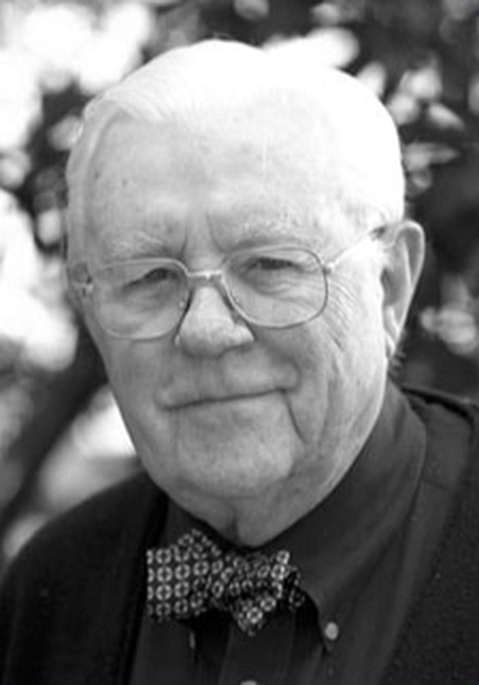|
Greenville native George Brown Tindall attended Furman University (then a small Baptist liberal arts college) and began his literary career as editor of the campus literary magazine while contributing multiple fiction and nonfiction pieces to the publication. After four years of military service, Tindall enrolled for graduate work at the University of North Carolina at Chapel Hill, studying with acclaimed Southern historian Fletcher Green.
His first book, an expansion of his dissertation at UNC, South Carolina Negroes, 1877–1900, makes clear that his orientation as a scholar and writer was not the typical perspective for a white southerner at the time. Published in 1952, the book examines the struggles of African American South Carolinians in the years after Reconstruction, breaking new ground in African American and southern history. The book avoids the condescension and careless prejudices that marked the work of earlier white historians writing about black life in America. Appointed to the faculty of UNC in 1958, where he remained for the rest of his career, Tindall published more than forty articles and a half-dozen books, including The Disruption of the Solid South (1972), The Persistent Tradition in New South Politics (1975), and a collection of influential essays, The Ethnic Southerners (1976). Perhaps his greatest impact upon the profession can be seen in two quite different works: The Emergence of the New South, 1913–45 (1967); and America: A Narrative History (1984), which became one of the most successful textbooks of the next two decades, selling more than 1.5 million copies. -Dan T. Carter |

